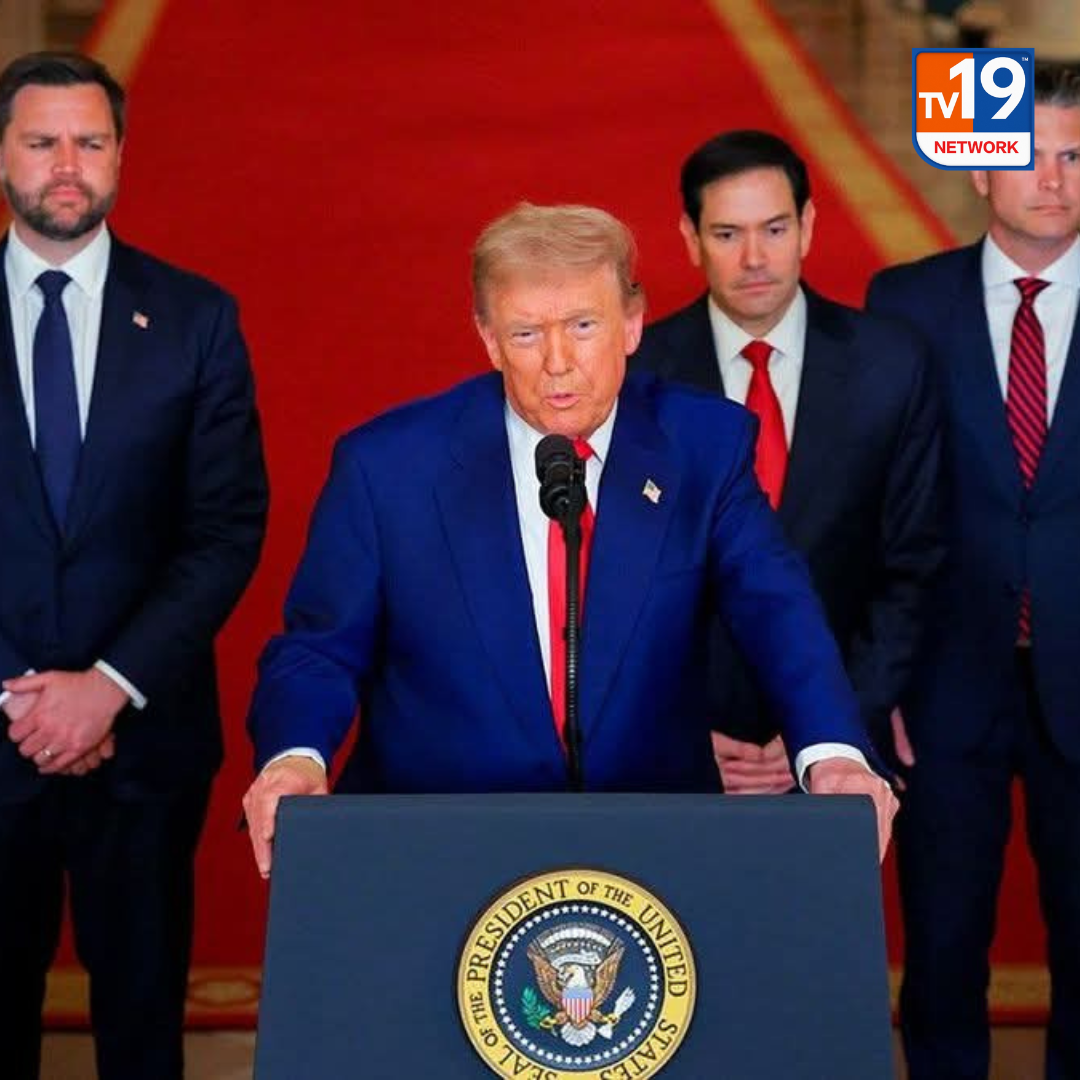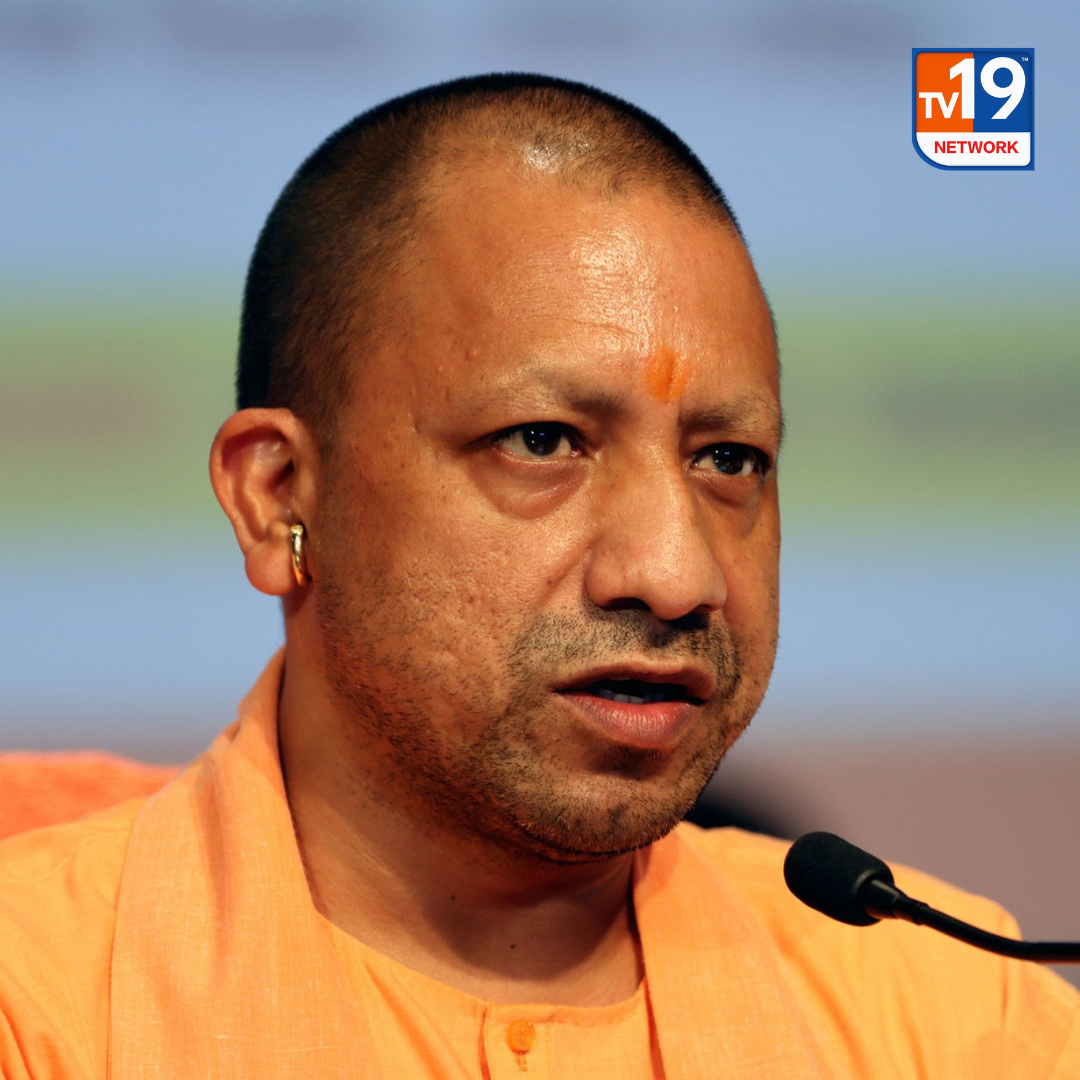Freebies and the Growing Dependency: Is India Creating a Class of Parasites?
Delhi - In a striking critique, India's Supreme Court has sounded the alarm over the rampant distribution of election freebies by political parties, warning that such practices may be cultivating a "class of parasites" disinclined to work. Justice B.R. Gavai, during a recent hearing, expressed concerns that these handouts—ranging from cash giveaways to free utilities—could erode the nation's work ethic and inflict severe fiscal damage.
This judicial apprehension mirrors earlier cautions from Prime Minister Narendra Modi and the Reserve Bank of India, both highlighting the economic perils of unchecked freebies. Despite these warnings, the allure of immediate electoral gains has led various political entities to persist in offering such incentives, a trend likely to intensify with forthcoming state elections.
The Supreme Court's observations have ignited a broader debate on distinguishing genuine welfare measures from populist giveaways. While essential services like education and healthcare are pivotal for societal advancement, the indiscriminate promise of free consumer goods raises questions about fiscal responsibility and the long-term implications for India's socio-economic fabric.
As the nation grapples with this complex issue, the need for a balanced approach becomes evident—one that ensures the upliftment of the underprivileged without compromising economic stability or fostering dependency.





